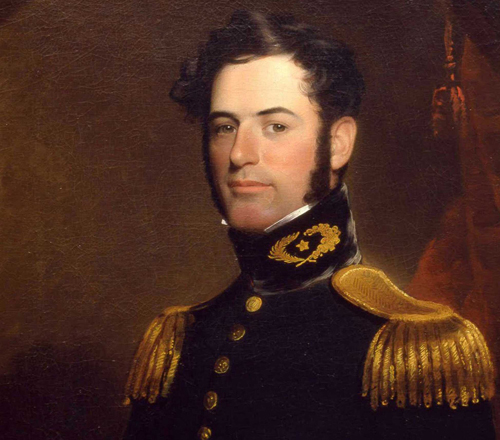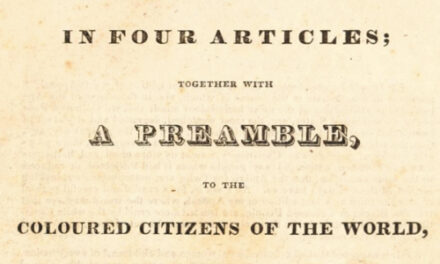
One of history’s primary jobs is to mark the beginning and end of everything we humans do. And life is obviously that, complete with starting and stopping day, along with some stuff thrown in for fun and turmoil in the middle. April marks both the beginning and end of the Southern Confederacy. During that pivotal spring month comes the start of Civil War (1861) and ending on its own fourth anniversary.
Actually, the Confederate States of America was a few months older but the idea of secession, dividing the United States into separate countries, had been around a lot longer. In 1850, nine southern states got together to try to figure out what they could do collectively to curb a growing abolitionist sentiment in the North. Nine states sent delegates. Louisiana’s legislature kept their group from going. North Carolina did not send representation.
The Nashville Convention included every state surrounding NC and debated the move of separating from the Union. Some said go, others wanted to compromise, but the outcome was to postpone a war for 11 years. When Lincoln got elected in 1860, that was enough to bring the idea back, and war became a reality.

Photo: Know this guy? Turn his hair gray and put a beard on him.
There are key moments in the beginning and end of the war that explain a lot about attitudes of that time. Both center around Robert E. Lee. The son of a Patriot, cavalry commander and buddy of George Washington, Lee lived under the shadow of his father’s later disgrace of running off to the Caribbean without Robert’s mother. She once told him to consider the way his father would answer a question, and do the opposite.
On the brink of the Civil War, Lee’s rank was upgraded to full colonel. He had been in the army for over 30 years by that point. The Lincoln Administration put out feelers to Lee, inquiring if he would be willing to take the assignment of commanding the Federal army as it went to suppress the coming rebellion. On April 20, Lee resigned his commission and for one day became a private citizen. The next day, the governor of Virginia asked him to command its raised army. He took the job, but quickly Virginia joined the Confederacy, insisting the capital of the new nation be relocated there and giving state troops to the new nation. Lee became a functionary, helping funnel state resources to Confederate administrators. Things like weapons.
Lee’s decision left the Lincoln Administration to wonder why this guy who all his life wanted to ascend to top leadership would turn down the chance to be the “man,” though probably not said in that way at the time. Saying yes would elevate the name of Robert Edward Lee to a point similar to the man he worshiped, George Washington. Light Horse Harry, R.E.’s father and G.W.’s buddy, coined the phrase that elevated the reputation of Washington to godlike status. ‘Light horse’ said George was “first in war, first in peace, first in the hearts of his countrymen.” in a democratic republic, you can’t get much higher praise.
Lee said he could not have raised his sword against his “native state” when he took a desk job for a year in a Richmond office. He would eventually be called upon to head the Confederate’s eastern army when another general, Joe Johnston was incapacitated in 1862. Lee went on to eclipse President Jefferson Davis of the Confederate States, of America, as the face most closely associated with the CSA, and the center of much of its ‘Lost Cause’ sentiment.
Lee and the nation came to the most significant decisions of their existence simultaneously. Would the fate of the nation be different than how it turned out, if he took the role he wanted most in life? Perhaps indulge a bit of his father’s side? Lee inflicted a lot of damage on the army to which he once belonged. His ability seemed to be able to accomplish more with less. which he did for three years. But everything has a start and a finish. Next week, the last pivotal week of the war.








